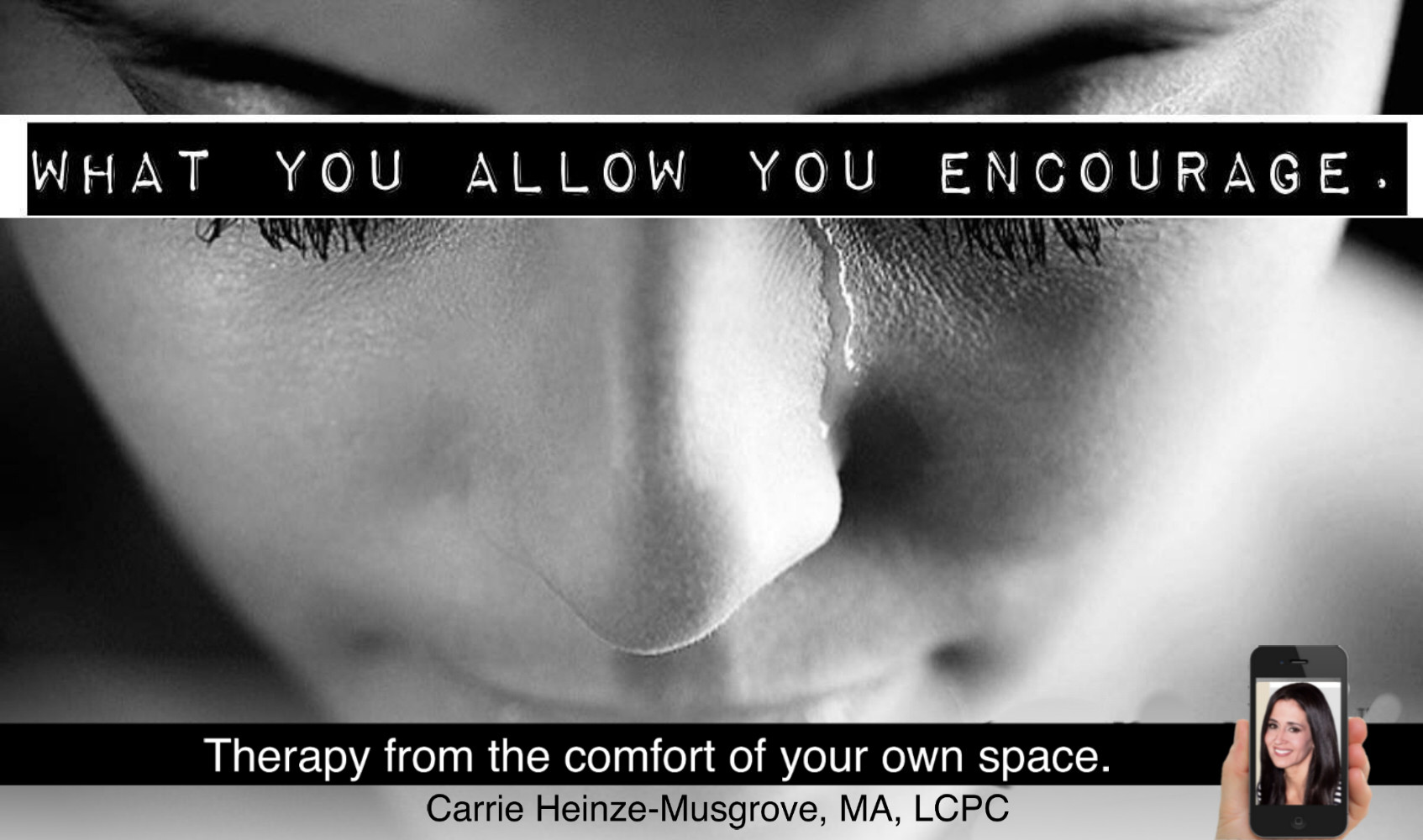Are you able to stand up for yourself in your relationships?
Whatever you allow or tolerate from others sets the tone for how you are treated. We teach people how to treat us by what we accept. If we don’t speak up about things that make us feel uncomfortable, upset, hurt, etc., we are ultimately consenting to the behavior.
Unhealthy relationships always show signs of deficient boundaries. People who are highly emotional, people-pleasing, argumentative, defensive, highly reactive, overly caretaking, controlling, intrusive and so forth have weak boundaries.
Strong boundaries are mandatory if you want healthy relationships. By setting clear boundaries, you tell others what you will and will not accept in your world. Knowing your limits, knowing what works for you, what doesn’t work for you and being able to communicate it to others is key.
Boundaries are about self-respect. They can include material, emotional, physical, mental and sexual components. If you have difficulty saying no, if you override your needs to please others, if you regularly tolerate disrespect from the people around you, then don’t expect people to change the way they treat you. Why would they?
It is your responsibility to speak up. Standing up for yourself is an essential part of any relationship and even more so in a love relationship. To keep a relationship strong and healthy, learn how to stand your ground.
Fearlessness is not required to be able to set a limit on someone. You simply need a clear understanding that taking advantage of your time, resources, energy, love, etc., is not okay. If it continues, there will be consequences moving forward. Assertion is about knowing yourself, your values, and your ability to clearly communicate your expectations to other people while simultaneously maintaining respect for them.
People aren’t going to like it when you start saying no if you have always been a doormat. But constantly trying to please other people in the end leads to stress and sometimes depression.
People often say they set a boundary, but it didn’t help. There’s an art to setting boundaries. If it didn’t help, you are probably not doing it right. Boundaries are not meant to punish. They are for your well-being and protection. They are more effective when you are assertive, calm, firm, and courteous.
In addition, many people threaten consequences they are not fully prepared to carry out. Not carrying out the consequences inadvertently makes it clear you don’t mean what you say. Idle threats hurt rather than help the relationship.
Therapy provides a supportive environment to relearn how to set effective boundaries. Being a doormat is reversible. Self-awareness and learning to be assertive are the first steps. Standing up for yourself when someone disrespects you, treats you poorly, or otherwise encroaches on your mental or physical wellbeing will do wonders for your self-esteem.
Ultimately your boundaries should give you a firm sense of who you are and who you are not. Contact me if you need help setting boundaries.
Carrie







I used to work with people with addictive problems, one that sticks in my mind was a domestic abuse victim. She got that after it all ended and she was safe even years later the drugs booze and sex she consumed. Was a result of letting the original abusers win. One day the penny dropped and her face lit up. She took charge of her, yes her life and stopped letting everything else control her thoughts and actions. It was humbling for me to see the remarkable change
Thankyou for your posts. I think its come to the point where my children and I leave the family home for a fresh start. I’ve tried working to save the marriage but i’m doing this by myself. I’ve not had anywhere to turn except reading your articles.
I’m glad you find them helpful and I’m sorry you’re struggling. It’s perfectly okay to put yourself first during this process. You are fully capable of finding your way through it. I promise you. I wish you peace and strength.